2006 Ford Explorer Brake Rotors and Pads
Click here to search another vehicle
All Rotors:
OEM x
Coated x
Drilled, Slotted and Coated x
Front x
Rear x
All Pads:
Ceramic x
Semi-metallic x
Front x
Rear x
Found 13 record
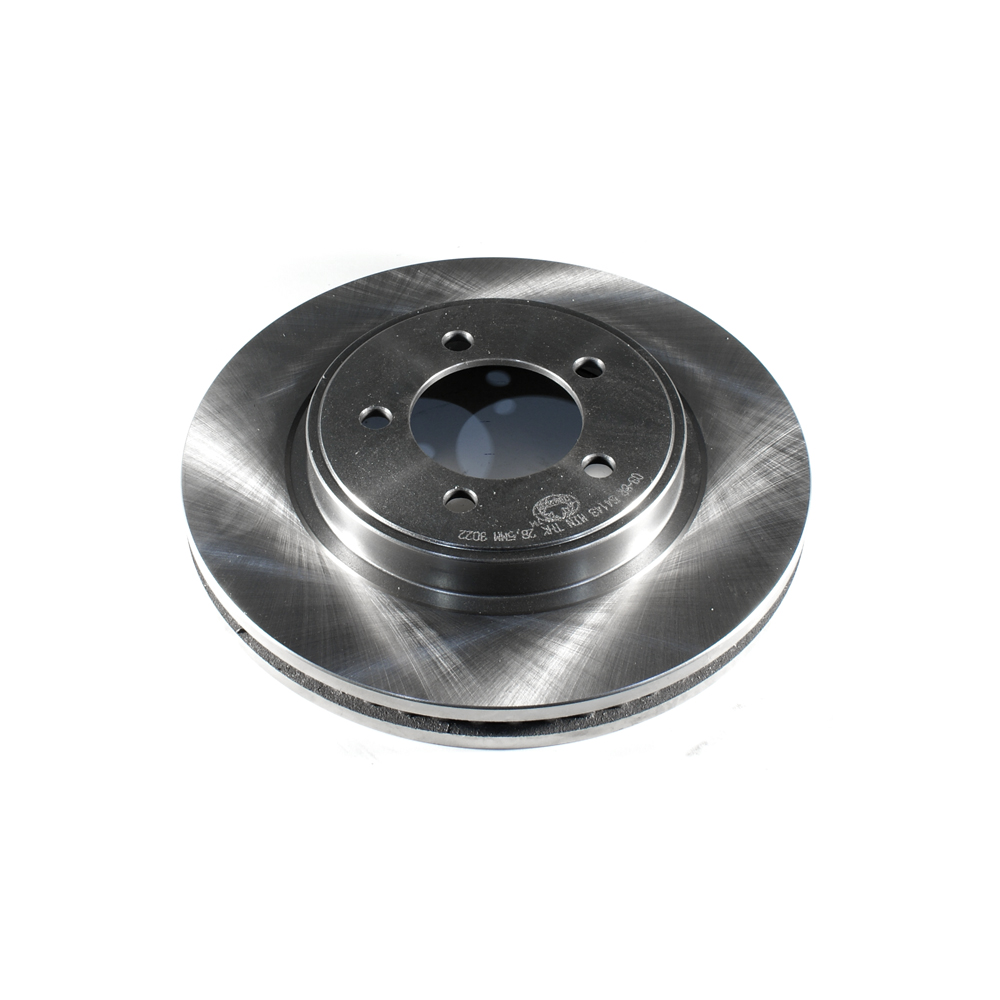
Part No: BR54143
Raybestos: 680416
OE: 6L2Z1125AA
Raybestos: 680416
OE: 6L2Z1125AA
$54.9 each
Per Car QTY: 2
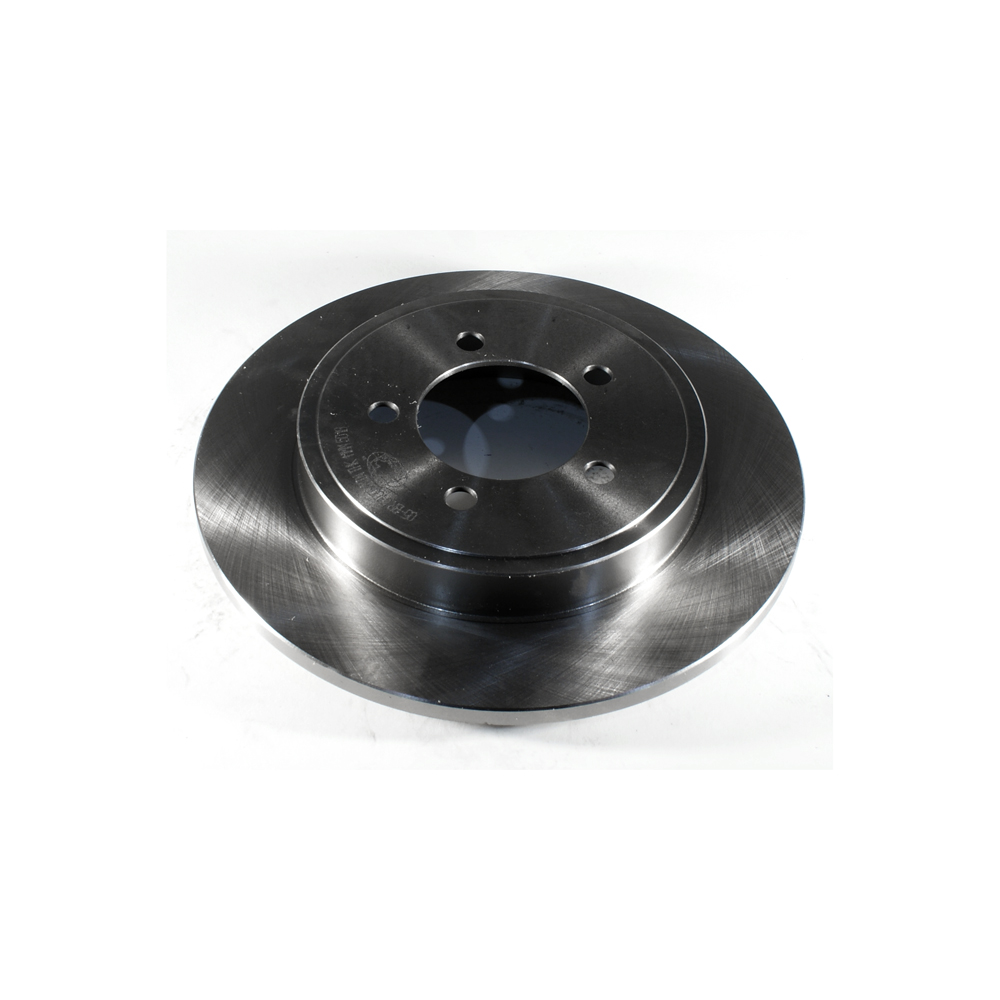
Part No: BR54098
Raybestos: 680026
OE: 5L2Z2C026A
Raybestos: 680026
OE: 5L2Z2C026A
$32.02 each
Per Car QTY: 2
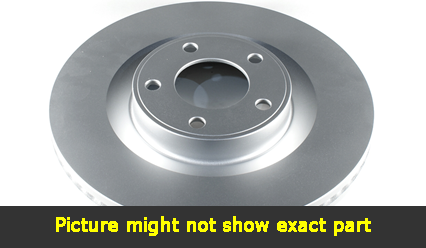
Part No: PP54143
Raybestos: 680416
OE: 6L2Z1125AA
Raybestos: 680416
OE: 6L2Z1125AA
$77.92 each
Per Car QTY: 2
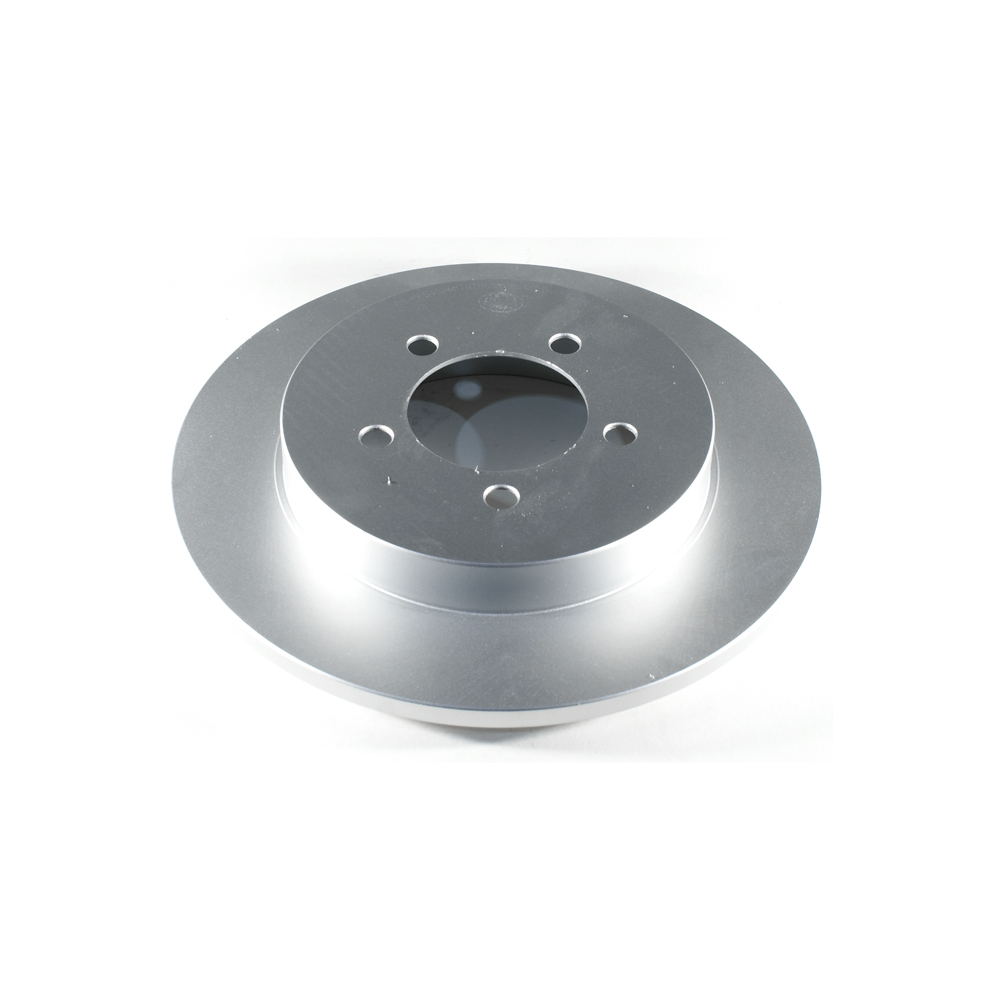
Part No: PP54098
Raybestos: 680026
OE: 5L2Z2C026A
Raybestos: 680026
OE: 5L2Z2C026A
$45.45 each
Per Car QTY: 2
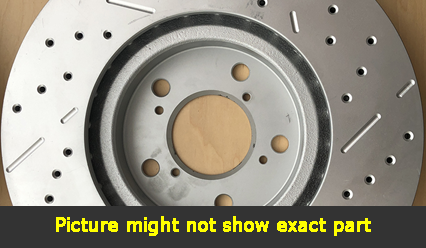
Part No: SP54143L
Raybestos: 680416
OE: 6L2Z1125AA
Raybestos: 680416
OE: 6L2Z1125AA
$114.37 each
Per Car QTY: 1
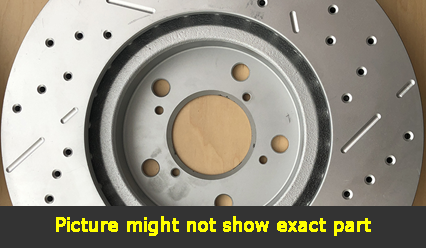
Part No: SP54143R
Raybestos: 680416
OE: 6L2Z1125AA
Raybestos: 680416
OE: 6L2Z1125AA
$114.37 each
Per Car QTY: 1
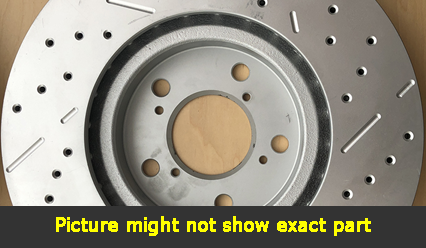
Part No: SP54098L
Raybestos: 680026
OE: 5L2Z2C026A
Raybestos: 680026
OE: 5L2Z2C026A
$77.85 each
Per Car QTY: 1
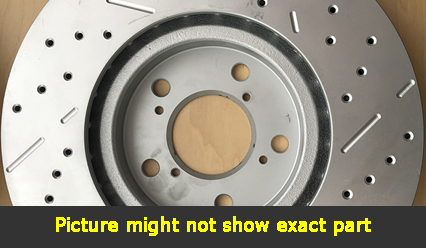
Part No: SP54098R
Raybestos: 680026
OE: 5L2Z2C026A
Raybestos: 680026
OE: 5L2Z2C026A
$77.85 each
Per Car QTY: 1
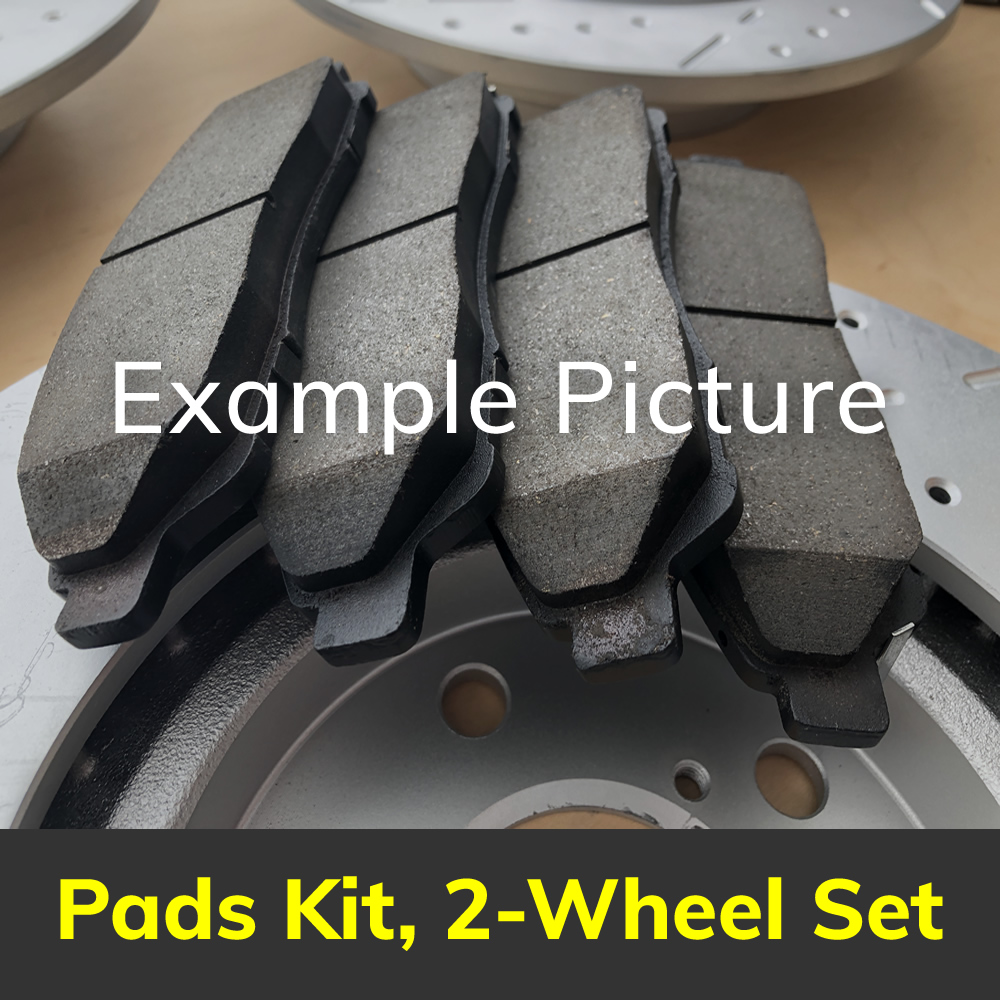
Part No: PD1158C
Raybestos: 1158
OE:
Raybestos: 1158
OE:
$35.64 each
Per Car QTY: 1
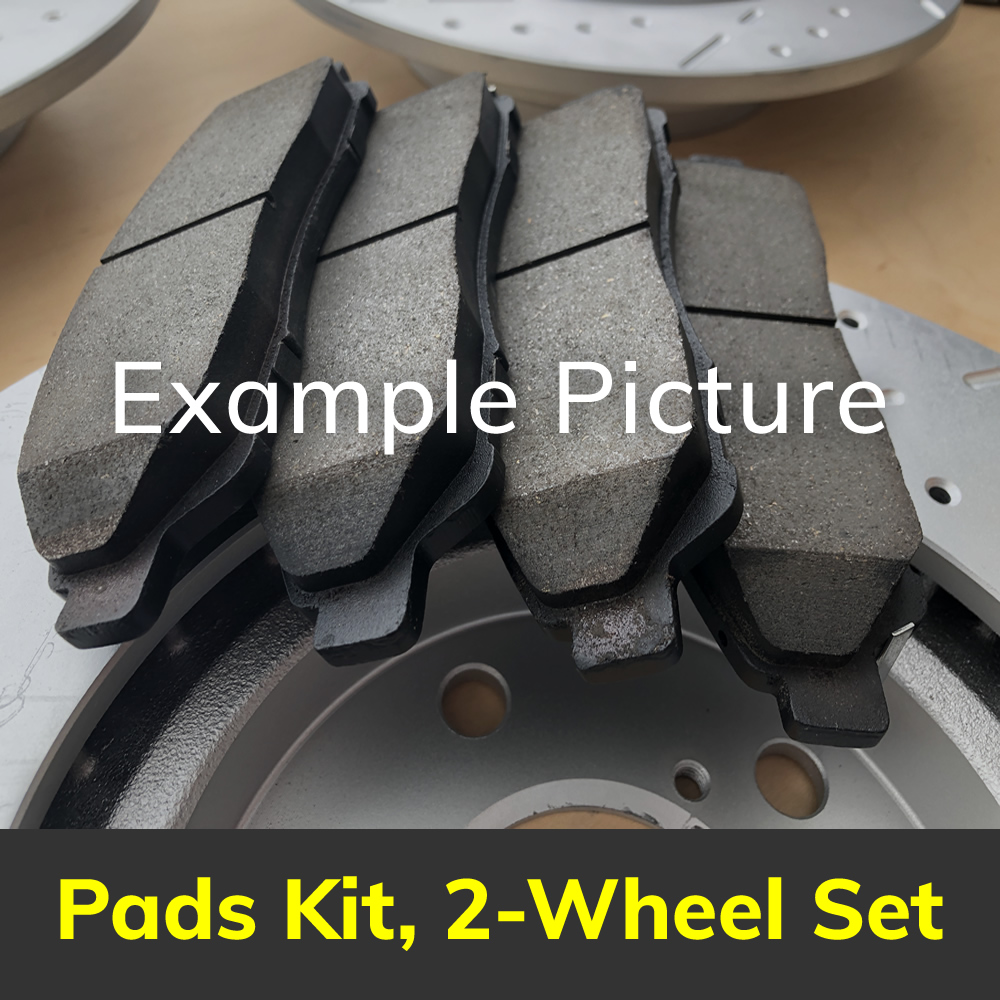
Part No: PD1109C
Raybestos: 1109
OE:
Raybestos: 1109
OE:
$38.9 each
Per Car QTY: 1
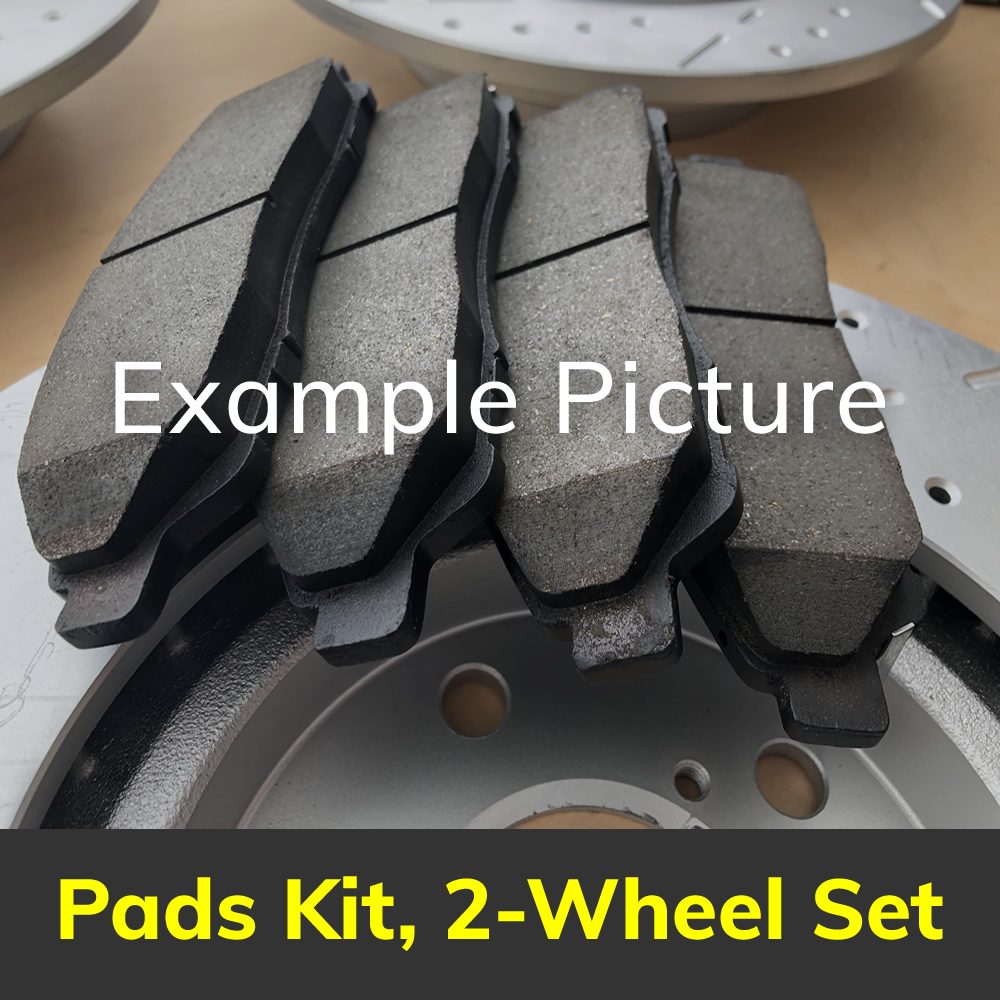
Part No: PD881C
Raybestos: 881
OE:
Raybestos: 881
OE:
$40.9 each
Per Car QTY: 1
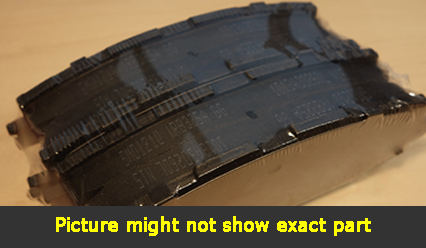
Part No: SMD1158
Raybestos:
OE:
Raybestos:
OE:
$28.19 each
Per Car QTY: 1
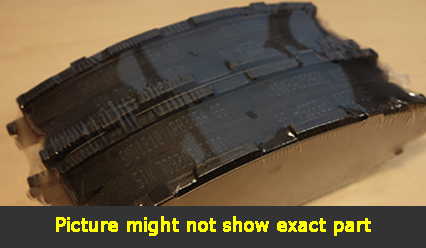
Part No: SMD881
Raybestos:
OE:
Raybestos:
OE:
$22.54 each
Per Car QTY: 1
Choosing the right brakes for your 2006 Ford Explorer is crucial for ensuring your safety and maintaining the optimal performance of your vehicle. With so many options available in the market, it can be overwhelming to make the right decision. In this article, we will guide you through the process of choosing brakes for your Ford Explorer, considering factors like functionality, driving habits, and personal preferences.
1. Determine Your Brake System:
The 2006 Ford Explorer comes with two possible brake systems – the standard braking system and the upgraded Sport Trac or Sport Trac Adrenalin Package braking system. It's important to know which system your vehicle has before purchasing brake components. You can check your vehicle's owner's manual or consult a professional mechanic to confirm the brake system.
2. Consider Your Driving Habits:
The driving conditions you frequently encounter play a significant role in selecting the right brakes. If you primarily drive in the city with minimal stop-and-go traffic, standard brakes will work well. However, if you often engage in towing, hauling heavy loads, or drive on hilly terrains, you might benefit from heavy-duty brakes designed for increased durability and braking power.
3. Brake Pad Material:
Different brake pad materials offer varying levels of performance and durability. The main types of brake pad materials are organic, semi-metallic, and ceramic.
- Organic brake pads are made from a mix of organic materials, like rubber, glass, and carbon fibers. They provide a quiet and smooth performance but tend to wear out faster and may produce more brake dust.
- Semi-metallic brake pads are made of metal fibers mixed with other materials. They provide excellent heat dissipation, longer lifespan, and improved braking performance. However, they tend to produce more noise and generate more wear on the rotors.
- Ceramic brake pads are made from a combination of ceramic fibers and nonferrous metal fibers. They offer quieter operation, produce less dust, provide stable performance in a wide range of temperatures, and are gentle on the rotors. Ceramic pads are suitable for everyday driving and deliver good braking performance under normal conditions.
4. Brake Rotor Options:
Brake rotors work in unison with the brake pads and should be considered when choosing brakes. There are two main types of brake rotors available – standard and performance.
- Standard rotors are suitable for everyday driving in regular conditions. They are cost-effective and get the job done without any issues.
- For more spirited driving or heavy-duty applications, performance rotors offer better heat dissipation, improved stopping power, and reduced chances of brake fade. Additionally, performance rotors are often designed with slotted or cross-drilled patterns, which aid in cooling and prevent brake fade.
5. OEM or Aftermarket:
When choosing brakes for your Ford Explorer, you have the option of purchasing Original Equipment Manufacturer (OEM) or aftermarket parts. OEM brakes are manufactured by the same company that produced the factory brakes, ensuring a precise fit and matching performance. On the other hand, aftermarket options provide a broader range of choices, including different materials, performance levels, and price ranges. Do thorough research on reputable brands and read customer reviews before purchasing aftermarket brakes to ensure quality and compatibility with your vehicle.
In conclusion, selecting the right brakes for your 2006 Ford Explorer involves considering the brake system, your driving habits, brake pad materials, rotor options, and the choice between OEM and aftermarket parts. By taking these factors into account, you can ensure optimal braking performance, safety, and longevity for your Ford Explorer. If you're unsure or uncomfortable with the selection process, it is always recommended to consult a trusted mechanic or professional for personalized advice.
1. Determine Your Brake System:
The 2006 Ford Explorer comes with two possible brake systems – the standard braking system and the upgraded Sport Trac or Sport Trac Adrenalin Package braking system. It's important to know which system your vehicle has before purchasing brake components. You can check your vehicle's owner's manual or consult a professional mechanic to confirm the brake system.
2. Consider Your Driving Habits:
The driving conditions you frequently encounter play a significant role in selecting the right brakes. If you primarily drive in the city with minimal stop-and-go traffic, standard brakes will work well. However, if you often engage in towing, hauling heavy loads, or drive on hilly terrains, you might benefit from heavy-duty brakes designed for increased durability and braking power.
3. Brake Pad Material:
Different brake pad materials offer varying levels of performance and durability. The main types of brake pad materials are organic, semi-metallic, and ceramic.
- Organic brake pads are made from a mix of organic materials, like rubber, glass, and carbon fibers. They provide a quiet and smooth performance but tend to wear out faster and may produce more brake dust.
- Semi-metallic brake pads are made of metal fibers mixed with other materials. They provide excellent heat dissipation, longer lifespan, and improved braking performance. However, they tend to produce more noise and generate more wear on the rotors.
- Ceramic brake pads are made from a combination of ceramic fibers and nonferrous metal fibers. They offer quieter operation, produce less dust, provide stable performance in a wide range of temperatures, and are gentle on the rotors. Ceramic pads are suitable for everyday driving and deliver good braking performance under normal conditions.
4. Brake Rotor Options:
Brake rotors work in unison with the brake pads and should be considered when choosing brakes. There are two main types of brake rotors available – standard and performance.
- Standard rotors are suitable for everyday driving in regular conditions. They are cost-effective and get the job done without any issues.
- For more spirited driving or heavy-duty applications, performance rotors offer better heat dissipation, improved stopping power, and reduced chances of brake fade. Additionally, performance rotors are often designed with slotted or cross-drilled patterns, which aid in cooling and prevent brake fade.
5. OEM or Aftermarket:
When choosing brakes for your Ford Explorer, you have the option of purchasing Original Equipment Manufacturer (OEM) or aftermarket parts. OEM brakes are manufactured by the same company that produced the factory brakes, ensuring a precise fit and matching performance. On the other hand, aftermarket options provide a broader range of choices, including different materials, performance levels, and price ranges. Do thorough research on reputable brands and read customer reviews before purchasing aftermarket brakes to ensure quality and compatibility with your vehicle.
In conclusion, selecting the right brakes for your 2006 Ford Explorer involves considering the brake system, your driving habits, brake pad materials, rotor options, and the choice between OEM and aftermarket parts. By taking these factors into account, you can ensure optimal braking performance, safety, and longevity for your Ford Explorer. If you're unsure or uncomfortable with the selection process, it is always recommended to consult a trusted mechanic or professional for personalized advice.


